Search Results
Showing results 1 to 20 of 50

Modeling Day and Night
Source Institutions
In this activity (on page 1 of the PDF), learners make a "mini-globe" to investigate the causes of day and night on our planet.
Build Your Own Wind Turbine
Source Institutions
Learners construct an electricity-generating wind turbine out of a plastic bottle.

Drain Game
Source Institutions
In this activity (on pages 36-39), learners make a model of a watershed out of paper, then run water down the mountain to simulate how rainfall and pollution affect watersheds.
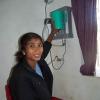
Straining Out the Dirt
Learners take on the role of environmental engineers as they design water filters.
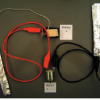
Water Body Salinities I
Source Institutions
In this activity, learners investigate the different salinity levels of oceans, rivers and estuaries.
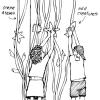
Kelp Critters
Source Institutions
This marine biology activity (on pages 11-17) introduces learners to kelp (seaweed) forests that grow in the ocean and are home to many species of sea animals.

Water Clean-up
Source Institutions
This is an activity (located on page 3 of the PDF under Water Clean-up Activity) about the use of reduction agents to decontaminate ground water.
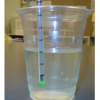
Water Body Salinities II
Source Institutions
In this activity, learners discuss the different salinities of oceans, rivers and estuaries.
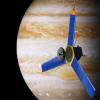
The Pull of the Planets
Source Institutions
In this activity, learners model the gravitational fields of planets on a flexible surface.

Space Stations: Sponge Spool Spine
Source Institutions
In this activity, learners simulate what happens to a human spine in space by making Sponge Spool Spines (alternating sponge pieces and spools threaded on a pipe cleaner).

Dunking the Planets
Source Institutions
In this demonstration, learners compare the relative sizes and masses of scale models of the planets as represented by fruits and other foods.
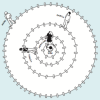
Human-powered Orrery
Source Institutions
In this space science activity, learners work together to create a human-powered orrery to model the movements of the four inner planets.
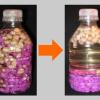
Infant Moon: Moon Mix!
Source Institutions
In this activity, learners investigate the Moon's infancy and model how an ocean of molten rock (magma) helped shape the Moon that we see today.
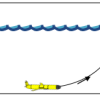
Exploring the Ocean with Robots
Source Institutions
In this activity, learners are introduced to robotic submarines called gliders. Learners make “gliders” from plastic syringes and compare these to Cartesian bottles and plastic bubbles.
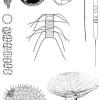
The Great Plankton Race
Source Institutions
In this activity, learners are challenged to design a planktonic organism that will neither float like a cork nor sink like a stone.
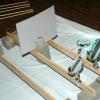
Glass and Mirrors: An Inside Look at Telescopes
Source Institutions
This hands-on astronomy activity allows you to create a “cutaway” telescope to clearly show how reflector and refractor telescopes work.
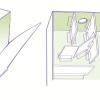
Old Faithful Plumbing Investigation
Source Institutions
This activity (located on page 3 of the PDF) is a full inquiry investigation into mapping the underground “plumbing” of geysers.
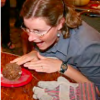
Cook Up a Comet
Source Institutions
In this activity (on page 5 of PDF), learners use dry ice and household materials to make scientifically accurate models of comets.
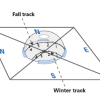
Reason for the Seasons
Source Institutions
In this activity (on page 6 of the PDF), learners plot the path of the sun's apparent movement across the sky on two days, with the second day occurring two or three months after the first.
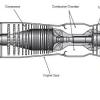
Jet Propulsion
Source Institutions
In this two-part activity, learners work in pairs to examine the four basic stages of a turbine engine.
